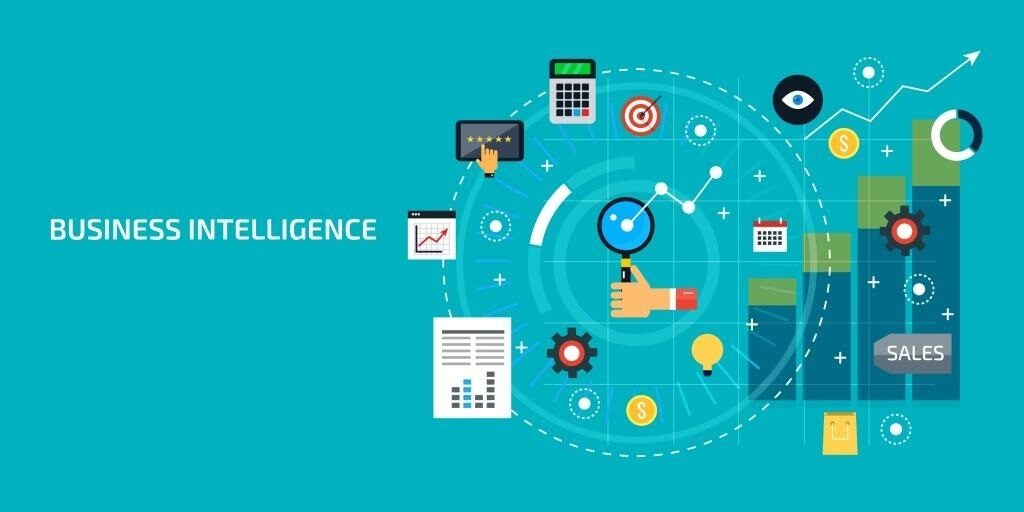We have already discussed this in our previous posts, but it’s never enough because data and their analytical ability to solve problems are essential for any company that places its long-term survival on measurement: having the ability to collect, interpret, and transform data into strategic decisions is vital for any company aiming to generate impact and profit in its sector. For this reason, tools that enable data analysis at increasingly deeper levels are now indispensable. In this context, Business Analytics and Business Intelligence prove essential because the creation of strategic plans that tell stories through data is also capable of offering tangible benefits. But what is the difference between BI and BA? And why is it important to talk about it today?
Business Analytics and Business Intelligence: meaning and integration.
Sometimes confused due to similarity in sound, other times because of similar goals, BI and BA have different objectives as well as different areas of application. Let’s start with the definition of both disciplines to understand their differences.

Collecting, analyzing, and visualizing data from different sources, from which strategy and insight flow. Analysis of historical and current data, with the ability to improve decision-making processes. All of this allows the company to stay on track, monitoring actions that are heading in the right direction and those that may require revision and/or implementation. This and much more is Business Intelligence, a new way of approaching data, a new way of using it to achieve business goals. Then there is predictive analysis, which focuses on predicting problems, that is, the ability to foresee and solve them before they even occur. Indeed, making a prediction is possible thanks to a set of technologies called Business Analytics, where the future (uncertain for everyone) somehow transforms its fate, allowing for an in-depth understanding of the causes of a particular phenomenon and studying it so that, if harmful to the company, it does not happen. The ultimate goal is always the company’s well-being, both in terms of the environment in which resources are expected to coexist and in economic terms, in terms of profits. Therefore, both BI and BA aim for this objective, with the awareness that all company decisions will be targeted and well-calibrated. Over time, it will be evident how their integration contributes to improving the company’s decision-making process.
Better Business Analytics or Business Intelligence? The choice.

Sympathy, ease of use and management, or…? None of the options just listed actually proves to be the right metric for making the right choice. However, there is an important aspect to understand which data analysis process would be best to adopt. It is about the information the company considers most relevant. Business Intelligence is focused on Descriptive Analysis (what and how), providing a view of historical and current data. Business Analytics, on the other hand, focuses on why something happens and provides predictions through Predictive Analysis, Data Mining, and machine learning. The difference is subtle but substantial, and although both solutions are often used together, the reason is very simple: the potential of company data is maximized, offering an overview in a shared intent that helps improve both current and future business solutions. From this quick overview, the simple conclusion is this: reading, mastering, modeling at will, and scrutinizing data is the key to business success, whether for small or large companies. Because while owning the data is a great achievement, the real victory lies in knowing how to examine it through a Business Intelligence process capable of collecting, validating, analyzing, and extracting the data, which is absolutely essential support for making strategic, cross-functional decisions.










